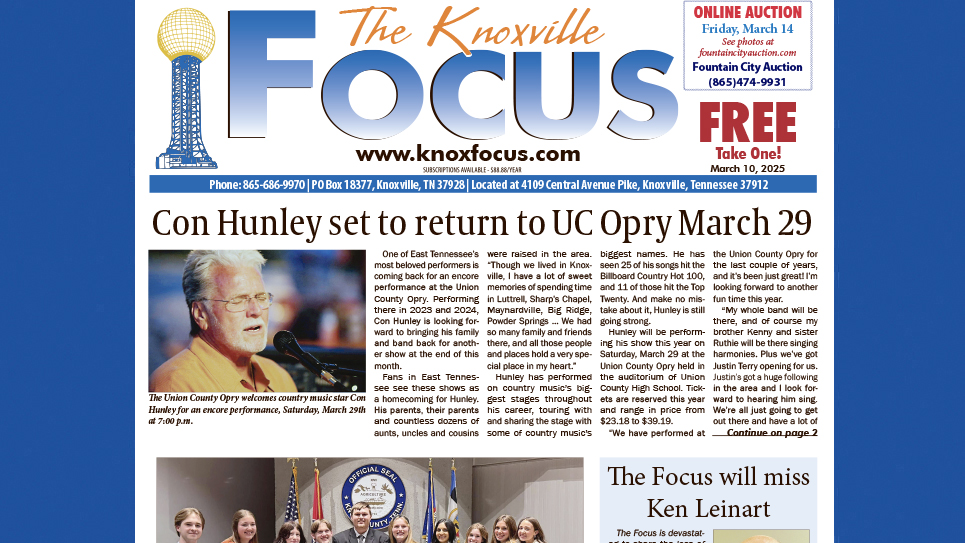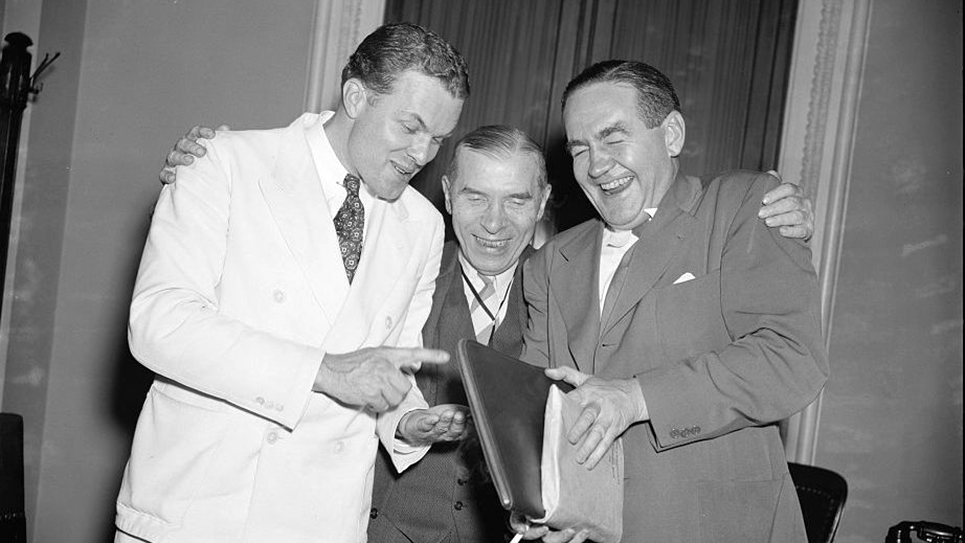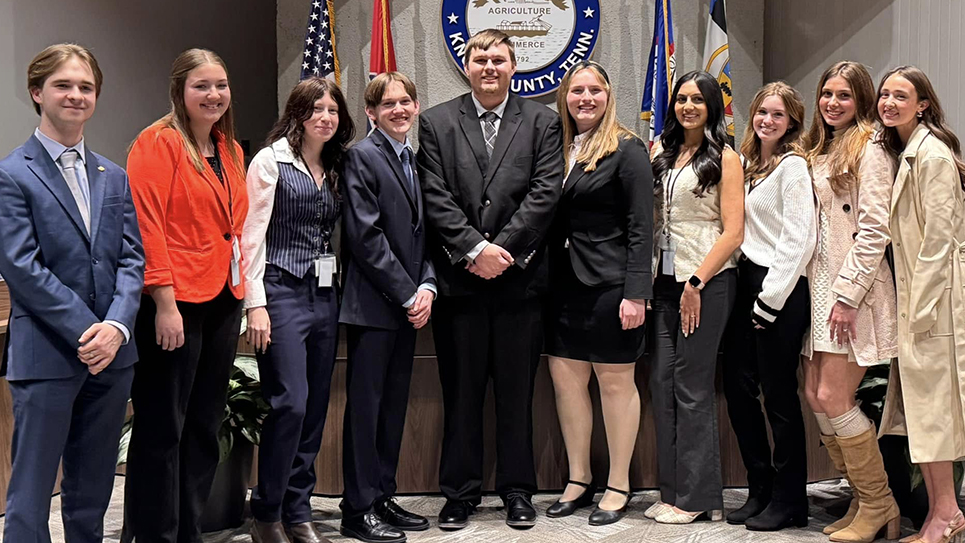The notion of choice is a fundamental principle with me. It stems from the doctrine of “free will.” Ancient philosophers stated that freedom of conscience is really the only thing that cannot be controlled or taken from someone. The central lesson in the Greek tragedy “Antigone” by Sophocles is affirmed by the protagonist who obeys her conscience instead of the King.
I certainly don’t know everything, but I’ve come to a time and place where I understand the fundamental principles of life. This is not hubris, but a statement of where I am. I’ve just finished a book by Lee Strobel called ‘The Case for Faith.’ He’s a journalist by training, and after his conversion to Christianity he’s become an apologist for The Way. In his book, Strobel interviews experts on the tough questions of faith and, in particular, Christianity; fundamental is the “decision to believe.”
I recently heard the atheist Bill Maher lampoon the movie Noah and rail against God. Maher said that if the Noachian Flood is true, then “God is a baby killer.” Like most shock-jocks, this vile and disrespectful person’s goal is to titillate. He’s certainly free to shake his fist at God; many have done so throughout history. Actually, I think Maher is a coward because he would never speak vilely against Mohammed. A fatwa would assuredly curtail his earthly life. Fortunately for Maher, God hasn’t been into fire and brimstone since Sodom and Gomorrah, and is more forgiving than me.
I’ve been rereading the Bible during my sabbatical. I have to admit that the horrific stories of the Old Testament are troublesome to a “post-modern” philosoph. The best I can come up with is that those stories were from a different time and place. Scholars have described the conquest of Canaan in the book of Joshua as God’s “Holy War.” I’m not making excuses or justifying the slaughter; I wasn’t there and my opinion wasn’t sought. I do believe the Bible is a foundational collection of wisdom in stories and observations that transcend space and time. And through the prophet Isaiah, God will say that His ways and thoughts are not ours. That is certainly true.
So, where does this leave us? Are there standards by which we measure ourselves or determine what is right? The great twelfth century Scholastic philosopher and theologian Thomas Aquinas posited four levels of laws. The highest is God’s Universal Law within which all Creation exists. This presupposes a Creator of the Creation instead of a random universe. Subsequent laws can be imagined as ever smaller spheres within the Universal. The next level is Divine Law such as the Ten Commandments. Smaller still is the sphere of natural law which governs our physical universe. In other words, my dog, Jack, acts like a dog because of nature’s law. The lowest sphere of function is positive law or the laws made by man, from speed limits to Obama-care. Obviously, the most important laws are based on the higher planes of reference.
From my perspective it’s wrong for my well fed dog to senselessly kill a rabbit, but it’s his nature, and he is therefore not judged against God’s standard as we are. Bill Maher should be glad that he lives within a culture that allows his indecency and gives him choice. God has provided us not only with choice but a conscience that
C. S. Lewis identified as moral law. In other words some of us recognize this sense of right that is transcultural.
My friend tells a story about faith and knowledge. He says, “I have a quarter in my hand,” and because I know and trust him, I say, “OK, I believe you.” He then opens his hand to show me the quarter. “I’ve just destroyed your faith,” he says, because “faith has been replaced by observational knowledge.” Some people hold that faith is the absence of doubt. I disagree. My friend proved to me that faith transcends knowledge.
I believe faith is more a choice than just acceptance. In the 9th chapter of Mark’s Gospel, a boy with terrible epilepsy was brought to Jesus. The father asked Jesus if he could help his son, and Jesus responded that “everything is possible for him who believes.” The desperate father then says, “I do believe; help me overcome my unbelief.”
So it is with a faith perspective. Basically, it is a choice. Do you trust solely in the observations of man or do you trust in the Wisdom of the ages? Recall that at one time we believed that Newton’s Law of Gravity was the explanation of planetary movement. Einstein in his General Theory of Relativity proved him wrong. What other Holy Grails will fall with time?
I remain a scientist and use my senses to observe the world around me. But, I also use my mind and intuition which is an amalgam of my senses and my mind. Why would I choose to blunt my vision and not use all avenues of exploration?
The American philosopher William James once said that if there are two equally plausible explanations and there is no incontrovertible evidence that either is correct, the rational man is free to choose the explanation that works best for him. James was given the moniker of pragmatism, which he hated.
Perhaps Robert Frost said it best, “I shall be telling this with a sigh somewhere ages and ages hence: two roads diverged in a wood, and I – I took the one less traveled by, and that has made all the difference.”
I choose the path of belief. It is not blind acceptance, but I trust in the Master. It makes life better now, and there is the hope of then.






